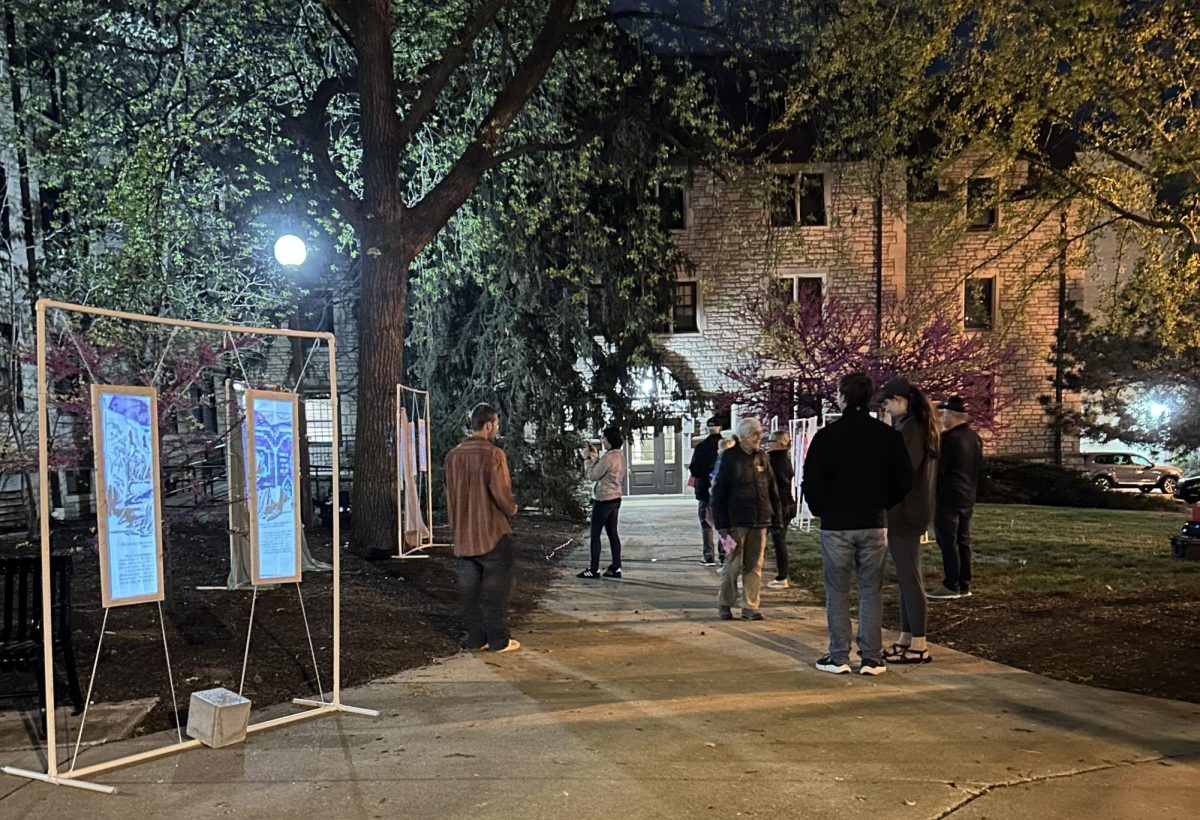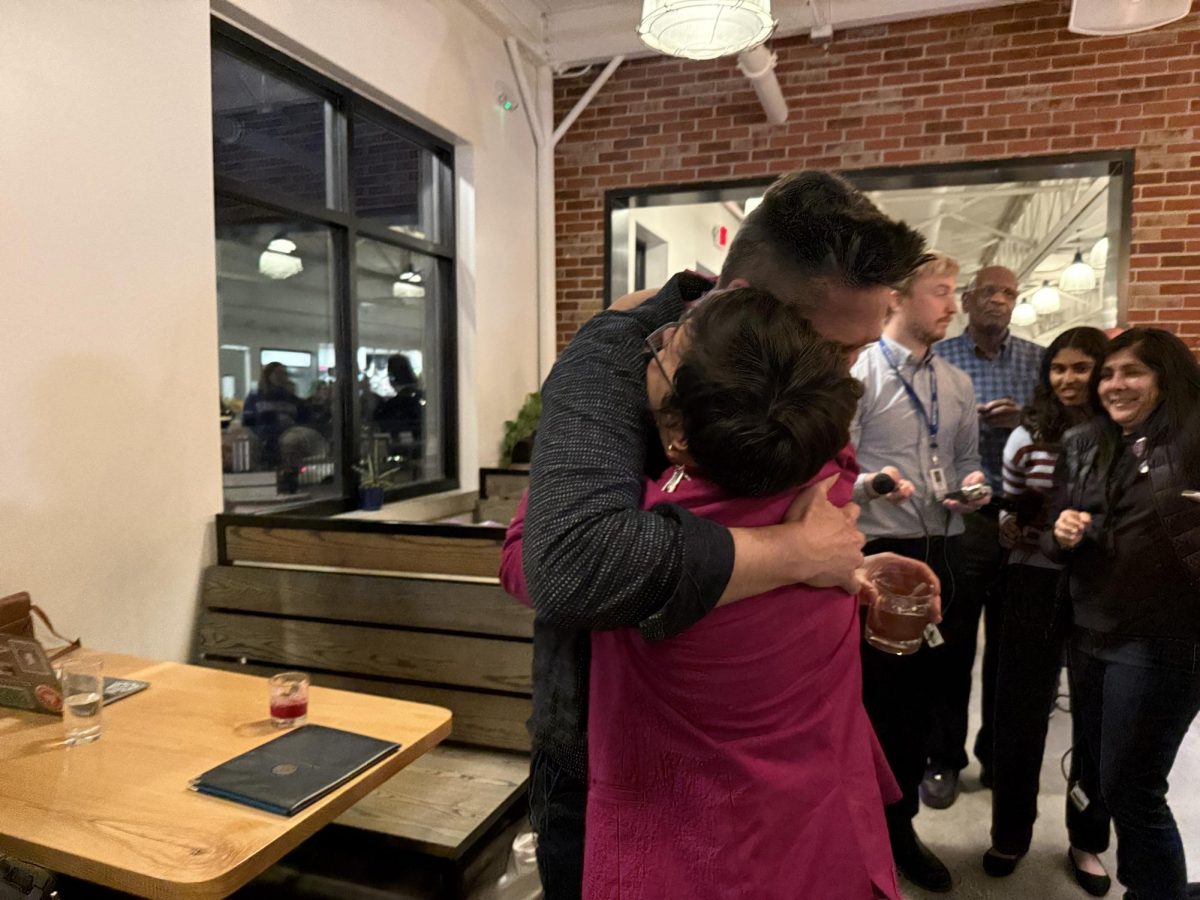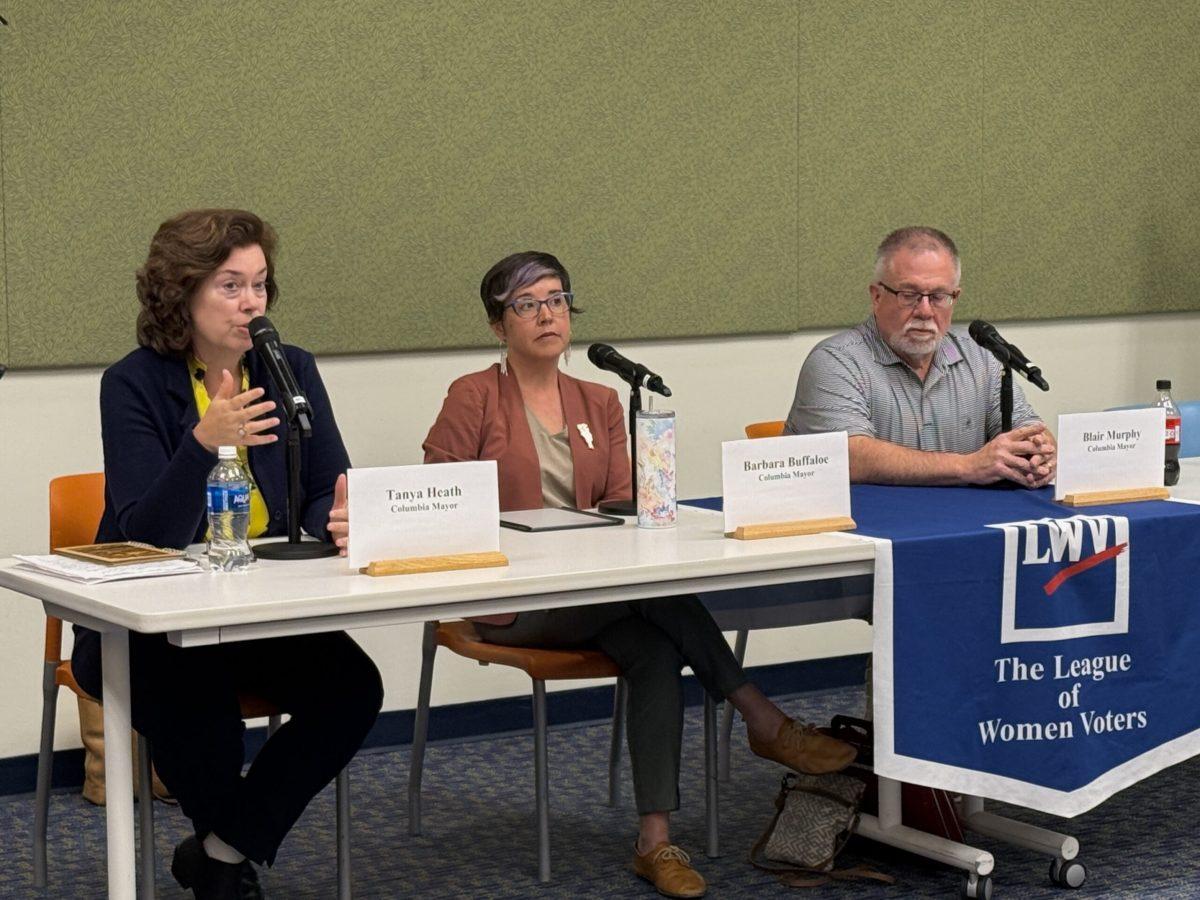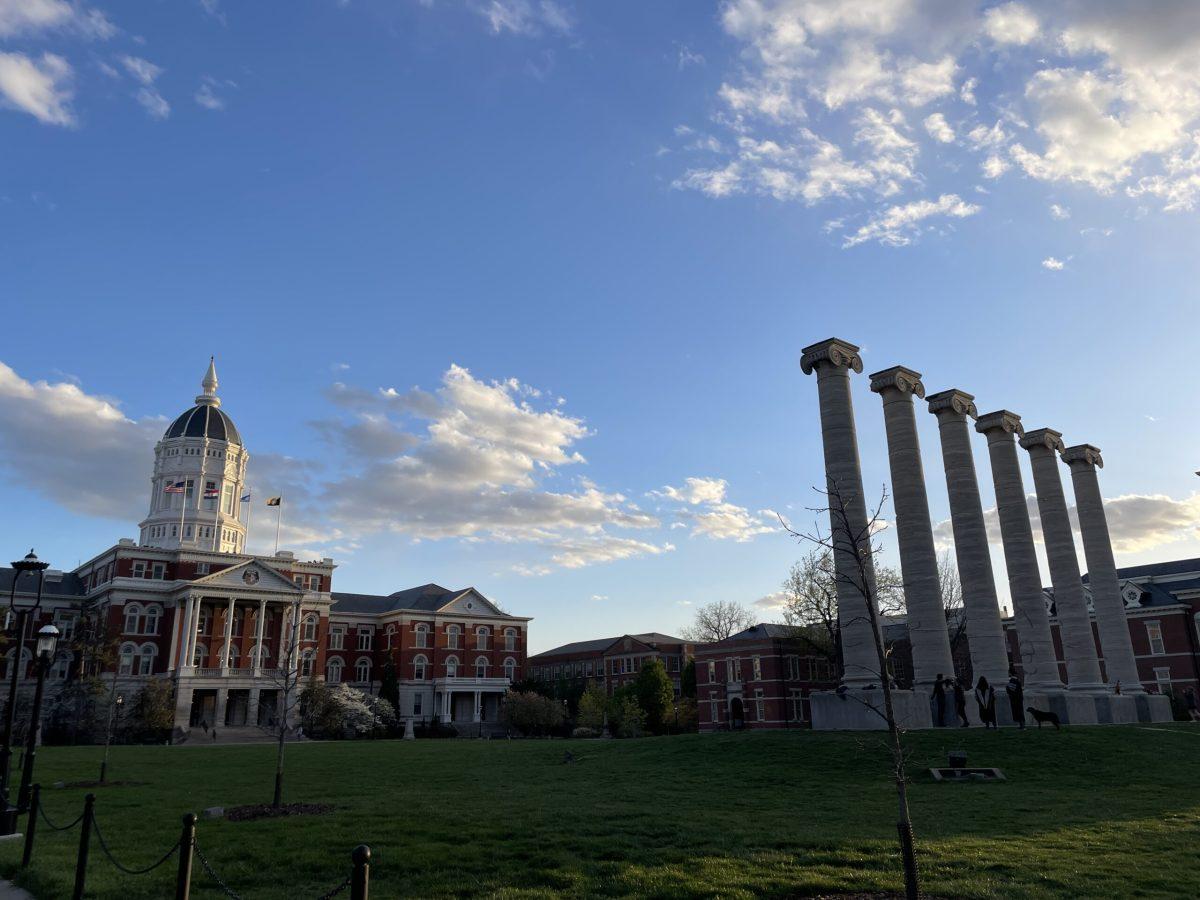This year, the Wellness Resource Center along with Residential Life and the Sober in College student group provided MU students recovering from drug and alcohol addiction the option to reside in sober housing on campus. However, these double suite-style rooms in Discovery Hall currently sit vacant.
“As of now, no one is living on the recovery floor,” Wellness Resource Center director Kim Dude said. “This effort is a work in progress and we will continue to work toward finding a supportive housing arrangement that will attract students in recovery in the future.”
Dude said the idea for recovery-focused sober housing came after conversations with students in recovery who wanted a place where they could feel supported by others in similar situations.
“We became aware that a few other campuses in the country had tried recovery houses,” she said. “We also knew that our students in recovery gained from being around other students in recovery for support.”
MU spokesman Christian Basi said that despite significant interest from five students, the rooms remain empty and available for any future students.
Four of the five students made the decision not to enroll at MU, and the other student decided to live elsewhere on campus, Basi said.
“We are currently holding those spaces for now,” Basi said. “So if we have students who want to move in, they will be available going into the spring semester.”
Although she is disappointed, Dude said the program is roughly a year or two away from being successful.
“There are some successful recovery housing programs around the country, but it took many years for them to become successful,” she said. “We are in our first year of this effort.”
On-campus sober housing is on the rise with roughly 150 universities in 49 states offering housing for students in recovery. Dude cited several universities including Texas Tech, Texas A&M, Ohio State and Rutgers University, home of one of the nation’s oldest sober housing programs, as some of the campuses on which she based the new program, according to the National Association for College Admission Counseling.
Recovery-focused sober housing is provided on a case-by-case basis, prioritizing students with three or more months of continuous sobriety. According to the [online housing agreement](http://reslife.missouri.edu/sites/default/files/RecoveryHousingAgreement.pdf), this option gives up to eight students who are committed to their own sobriety or abstinence, recovery and well-being the opportunity to live together in double suite-style rooms.
To be eligible for recovery-focused sober housing, a student must self-identify as a student in recovery from alcohol or other drug addiction and their need must be confirmed after signing the agreement.
Students who sign must agree to attend the first meeting of the semester with Sober in College, a recovery support student organization based in the Wellness Resource Center. Once confirmed, the student will pay the regular $8,155 for double suite-style living in Discovery Hall.
Although the Department of Residential Life and the Wellness Resource Center encourage students to have conversations about their housing with family, sponsors and loved ones, the anonymity of students in recovery is protected.
Dude said the recovery housing is no different than any other housing when it comes to access to information for parents or other students.
According to the online agreement, this option provides students in recovery the “opportunity to meet and reside with other students in recovery, thereby establishing the foundation of a supportive and inclusive living-learning environment.”
“I still like the idea, but I have found by talking to our students that finding a place for students to meet and hang out is most important and we have that in our office,” Dude said. “[Sober housing] would’ve just been another additional service, but it’s not the most important service we can provide.”
After the five students decided against living in recovery housing, Dude said her next goal is looking at different ways to market the program to transfer students and upperclassmen.
“We’re still very committed to doing everything we can to help students in recovery thrive,” she said.
_Edited by Claire Mitzel | cmitzel@themaneater.com and Tessa Weinberg | tweinberg@themaneater.com_












